You’ve likely come across a few different options when looking at various CBD products. Full spectrum CBD oil, broad spectrum CBD, and CBD isolate are three common choices consumers come across when shopping for CBD. If you’re new to CBD, you might be wondering what these terms actually mean.
Basically, they’re used to describe what kind of CBD oil is used to produce a product. Each contains CBD and has an array of potential benefits, yet each has a slightly different chemical composition. As a result, you may have an experience with one product that you might not necessarily have with another.
What is the difference between full spectrum and broad spectrum CBD, and what is CBD isolate?
Here we’ll take a deeper look at the different types of CBD—full spectrum vs. broad spectrum vs. isolate—to make it easier to determine which option might be best for you.
What’s the Difference Between Broad and Full Spectrum CBD Oil?
Cannabis is an extremely complex plant, composed of hundreds of different chemical compounds. Over 100 of these compounds have been identified as cannabinoids. The most popular, of course, are CBD and THC—but they’re only a small fraction of the cannabinoid content and chemical profile of cannabis. Other important compounds include terpenes, flavonoids, and essential fatty acids.

We mention these cannabis compounds because they determine the difference between a full spectrum, broad spectrum, or CBD isolate oil.
All these compounds are believed to work harmoniously together to provide what’s known as the “entourage effect.”
What exactly is the entourage effect, and what does it have to do with full spectrum vs. broad spectrum CBD oil?
Let’s take a look.
The Entourage Effect Explained
We’ve mentioned the complexity of cannabis and the harmonious way its contained compounds work together to create the entourage effect.
The entourage effect is commonly defined as “the combined effect of different compounds found in cannabis that work together as a whole to produce a greater effect than if working separately to produce separate effects.”

The three major cannabis compounds that lend to the entourage effect are cannabinoids, terpenes, and flavonoids. The idea of the entourage effect is that whole plant extracts often have greater benefits than their isolated counterparts. This is exactly why CBD isolate is considered the “least” beneficial CBD option.
As their names imply, full spectrum and broad spectrum CBD oil both contain a wide range of cannabinoids and other cannabis compounds that could potentially lend to the entourage effect. However, to understand the difference between them and the benefits they might contain, it’s best to understand them individually.
What Is Full Spectrum CBD Oil?
Before CBD oil becomes CBD oil, it must first be extracted from the cannabis plant. Hands down, one of the most popular extraction methods that has quickly become an industry leader is CO2 extraction. It’s safe, sustainable, and results in the cleanest and purest CBD products.

Full spectrum CBD oil is the result of CO2 extraction. The words “full spectrum” refer to the full spectrum of cannabinoids and other compounds found in cannabis associated with the entourage effect.
Full spectrum CBD oil has had zero cannabinoids removed, including intoxicating compounds like THC. The reason for this goes back to the entourage effect. All of the cannabinoids work in unison for the betterment of the whole—THC included.
If you see “full spectrum” on the label, be sure to check out the company’s lab reports. Although the industry has not regulated the terms, a full spectrum CBD oil will most likely have THC in the formula.

That being said, most full spectrum CBD products generally contain less than 0.3% THC, which typically isn’t enough to elicit any psychoactive effects.
There are, however, individuals that can’t tolerate THC or have any THC in their system but might still want to benefit from the entourage effect.
Here’s where broad spectrum CBD might be beneficial. Broad spectrum CBD is very similar to full spectrum CBD except that THC has been removed. This means they still get all the benefits of the entourage effect, minus the THC.
Check it out.
What Is Broad Spectrum CBD Oil?
After initial extraction, some CBD companies opt to remove THC from their products. They will, however, keep the other cannabinoids in the formula. Companies that remove THC from the final product tend to market their products as broad spectrum CBD oil.
The refining process is critical for crafting broad spectrum oil. During this step of the process, unwanted cannabinoids are removed from the formula. Companies are given an option of which cannabinoids are eliminated.

Understanding that many consumers aren’t keen on THC but still want to benefit from the entourage effect, most remove only THC to create broad spectrum CBD oil. Broad spectrum CBD still offers the synergy of the other cannabinoids. The only one missing from the party is THC.
Because the THC has been removed from broad spectrum CBD oil, it’s commonly assumed that it doesn’t lend to the entourage effect.
Here’s the thing, though: Broad spectrum CBD still contains all the other cannabis compounds, including other cannabinoids, terpenes, and flavonoids, meaning it still allows consumers to experience the entourage effect.

Consider this: The only compound that has been removed from a broad spectrum CBD product is THC. All the other beneficial compounds that lend to the entourage effect are still in there—cannabinoids like CBG, CBN, and CBC; terpenes like myrcene, linalool, pinene and limonene; various flavonoids known to support homeostasis and overall wellness—working harmoniously together to create the widely accepted concept of the entourage effect.
Broad spectrum CBD gives consumers all the benefits of the entourage effect without having to consume THC. It’s an excellent choice for those people that can’t or don’t want THC in their system, whether for legal, professional, or personal reasons.
The entourage effect is real. Those that are interested in its benefits but aren’t interested in THC will find that broad spectrum CBD products offer exactly what they’re looking for, including the peace of mind that they’re consuming a 0.0% THC product.
What Is CBD Isolate?
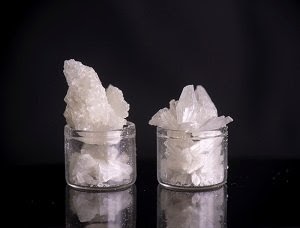
CBD isolate is what it sounds like: Isolated CBD.
To create CBD isolate, the refinement process is taken a step further to remove all other cannabis compounds. This includes other cannabinoids, terpenes, flavonoids, and all other plant compounds. The result is a product that is 99%+ CBD. By definition, CBD isolate is the purest form of CBD there is.
Typically, those who choose CBD isolate are sensitive to other cannabinoids. CBD by itself does have its benefits. However, the results may not be as promising as a broad spectrum or full spectrum CBD oil.
When you are purchasing a CBD isolate, make sure it is 99+% pure. Otherwise, there will be traces of other cannabinoids in the formula. Although these numbers are most likely negligible, it does defeat the purpose of seeking out a pure CBD product.
Choosing CBD: Full Spectrum vs. Broad Spectrum vs. CBD Isolate
Wondering what type of CBD might be best for you?
Now that you’ve got an understanding of the difference between full spectrum vs. broad spectrum vs. CBD isolate, it can be easier to determine which form of CBD will fit your personal needs.
When it comes to taking CBD, everyone has different needs. These needs will reflect which type of CBD might be best suited for someone personally, despite the daily serving.
Keep in mind that activation time (how long it will take to feel the effects) and bioavailability (how much CBD is absorbed by the bloodstream) of full spectrum, broad spectrum, and CBD isolate both depend on the type of product being used, not the type of CBD oil one is consuming.
Let’s quickly recap each to see how each might fit the needs of different individuals.
Why Choose Full Spectrum CBD?
This is CBD that contains all cannabinoids and chemical compounds naturally present in cannabis. Full spectrum CBD is believed to best lend to the entourage effect and has gone through the least amount of processing and refinement.
Full spectrum CBD does contain trace amounts of THC. While typically less than 0.3%, THC found in full spectrum CBD oil might still show up on a drug test. Those with acute sensitivities to THC might also find that a full spectrum oil comes with some undesirable effects.
Why Choose Broad Spectrum CBD?
Broad spectrum CBD is CBD oil that has gone through further refinement after extraction to remove THC. Although THC has been removed, broad spectrum CBD oil still lends to the entourage effect. The only thing usually missing from the vast array of cannabinoids and other cannabis compounds is THC.

Because broad spectrum CBD is 0.0% THC, it’s excellent for those with sensitivities to THC or who can’t have THC in their system for whatever reason. Broad spectrum CBD products are a great introduction to the world of CBD for those who might be uncertain about trying a product that contains THC. Broad spectrum CBD products are also beneficial to individuals living in states that still have strict laws concerning the use of THC.
Why Choose CBD Isolate?
CBD isolate is 99%+ pure CBD. It has gone through several refinement processes to remove all other cannabinoids and various plant compounds. This odorless, tasteless form of CBD is considered the purest form of CBD that exists and contains zero probability of any intoxicating effects.
Because all other compounds have been removed to create CBD isolate, this type of CBD does not lend to the entourage effect like a full or broad spectrum product. CBD isolate is typically best for those with extreme sensitivities to THC or other cannabinoids, people living in states with strict THC laws, or CBD newbies who are tentative to use cannabis-based products.
Final Thoughts: CBD Full Spectrum vs. Broad Spectrum vs. Isolate
Staying educated about CBD is key for the best experience possible. If you’re new to CBD, understanding all the different terminology and plethora of products can be really confusing!
We’re here to ease this confusion by offering consumers the information they need to choose the best CBD products to fit their personal wellness needs.
Whether you’re looking at purchasing CBD online or at a local retail location, one of the most important decisions you’ll make is the type of oil you buy. Knowing the difference between full spectrum CBD, broad spectrum CBD, and CBD isolate is key.
While the effects of each might be similar, you’re now equipped with the knowledge of what makes them different, which is paramount in making an educated buying decision. Still have questions about the difference between full spectrum vs. broad spectrum CBD? Feel free to contact us anytime. We’re always here to help!




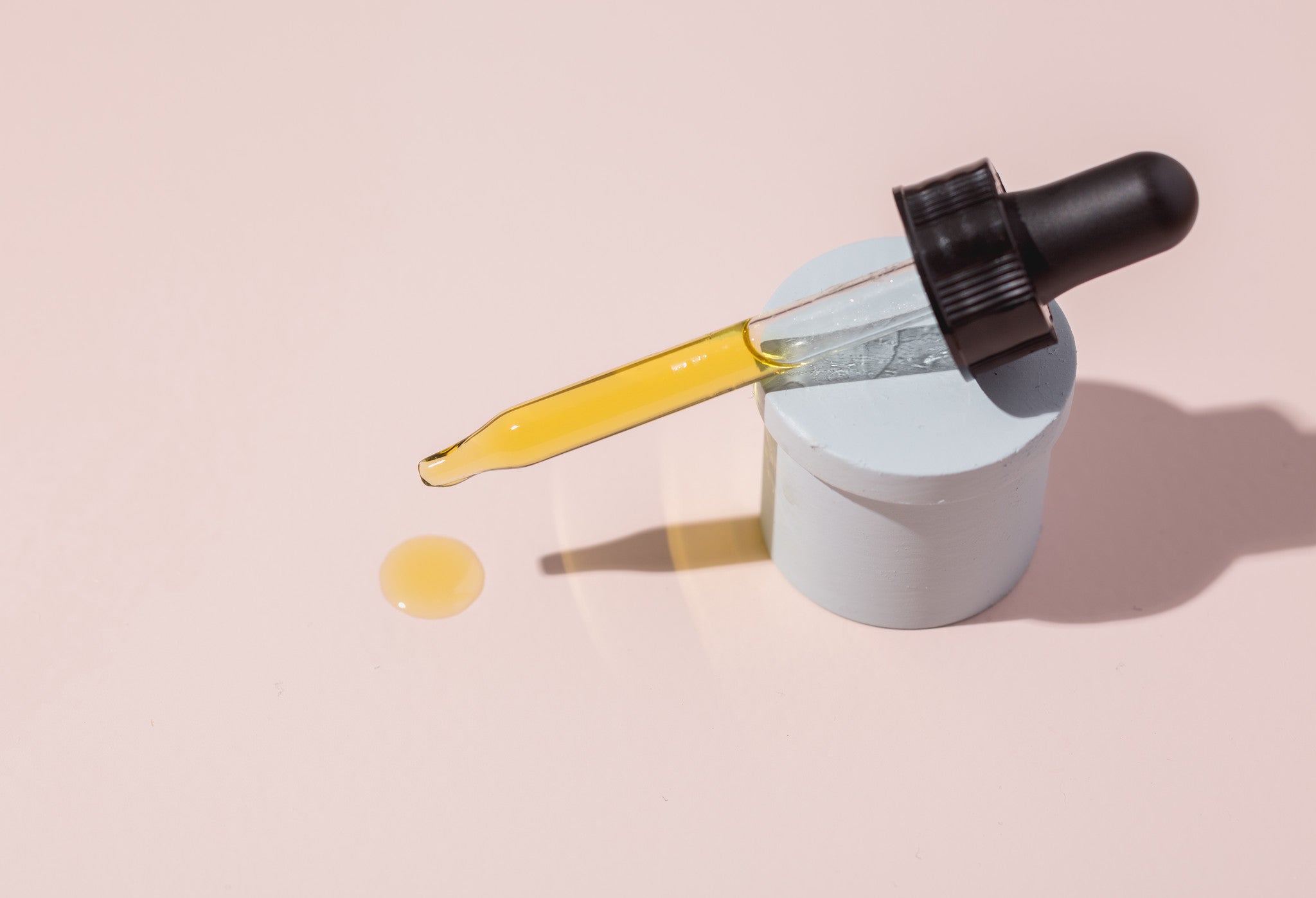
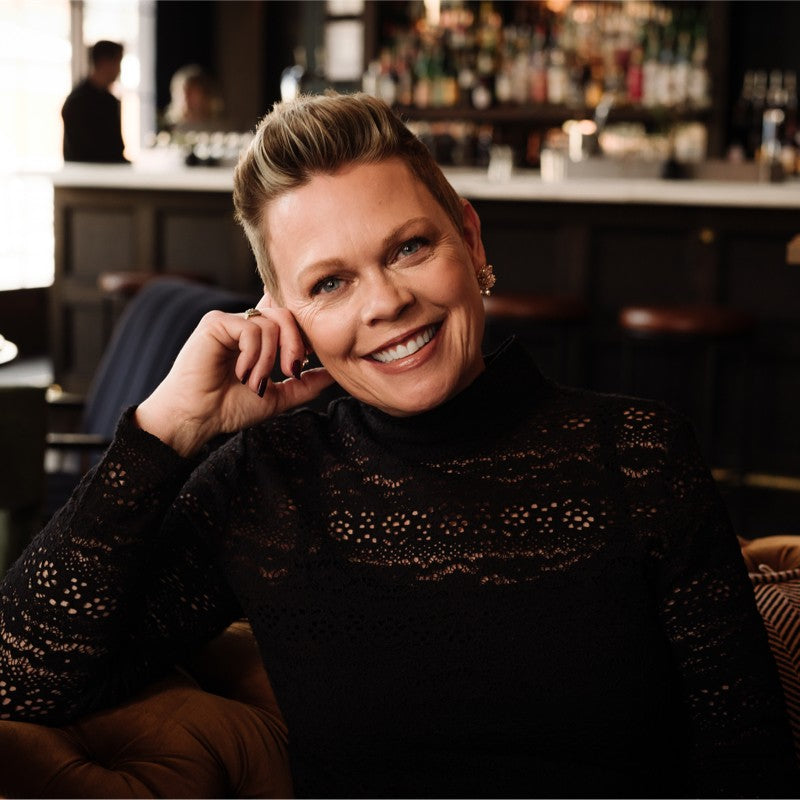
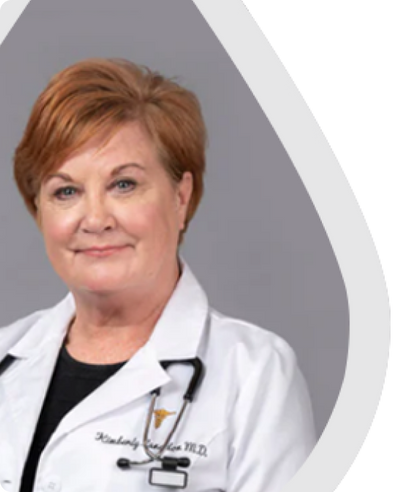
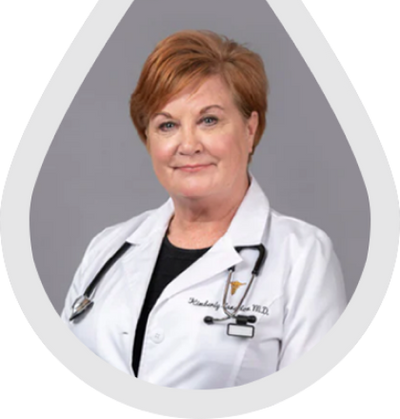

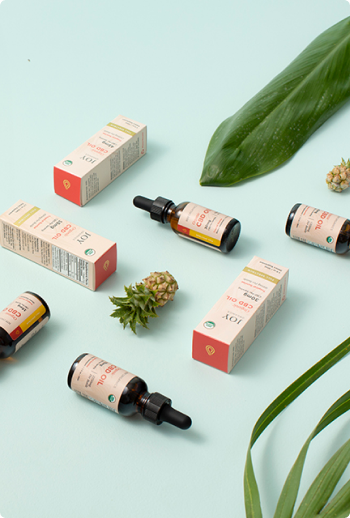
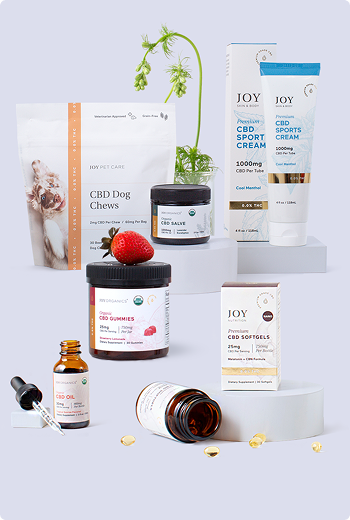
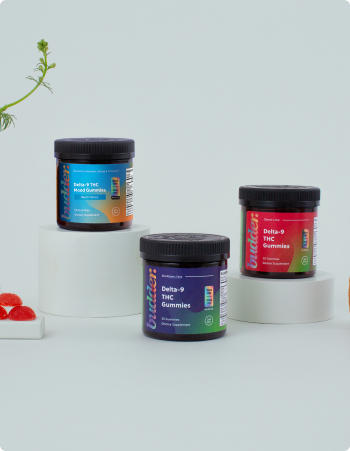














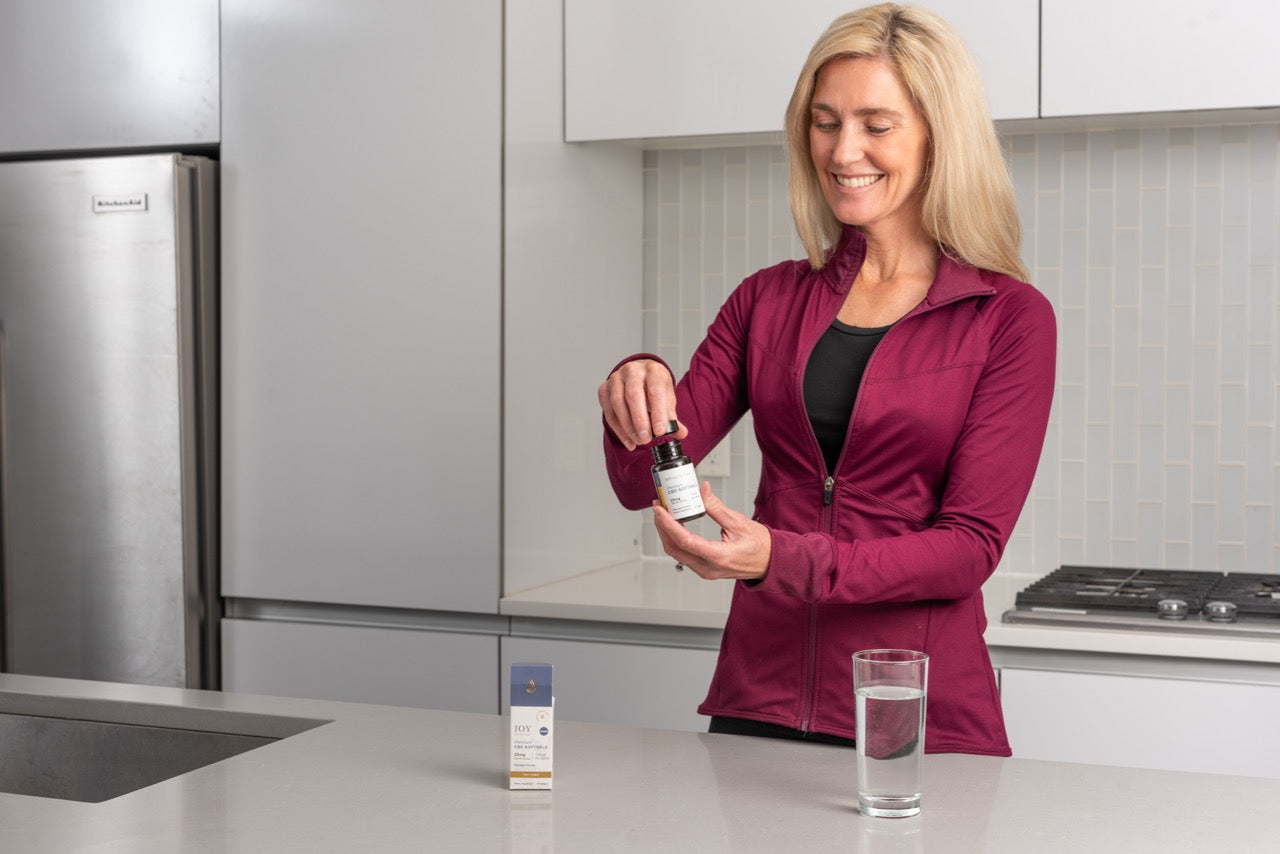



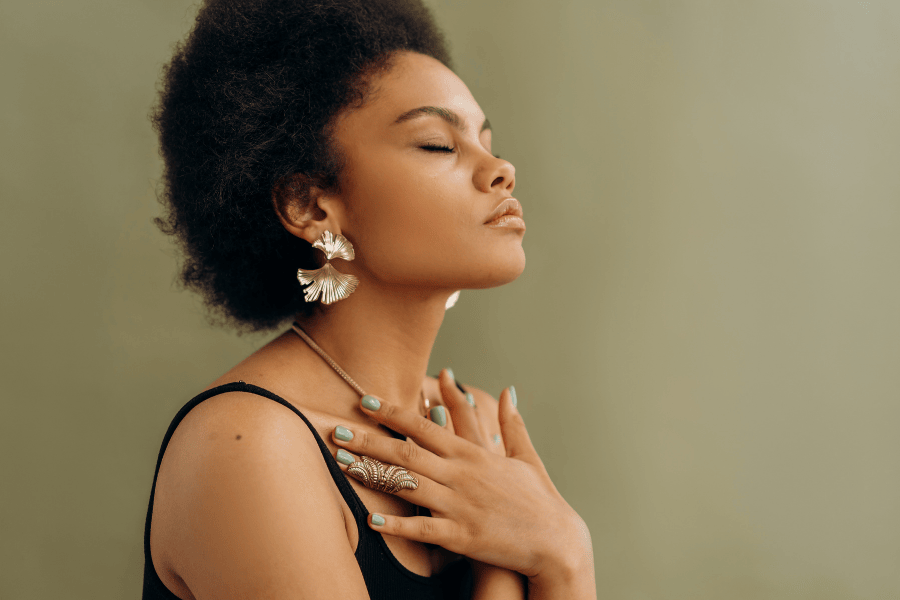
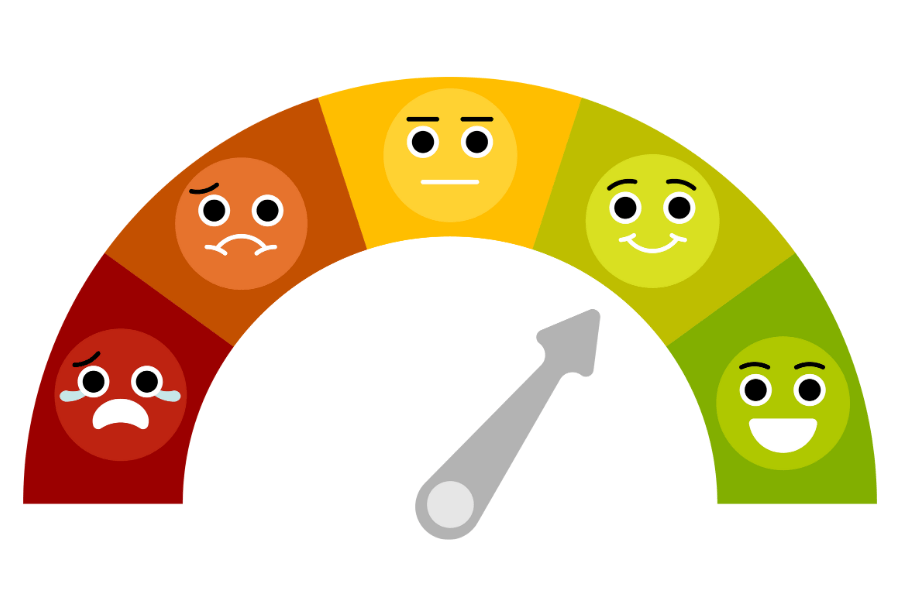
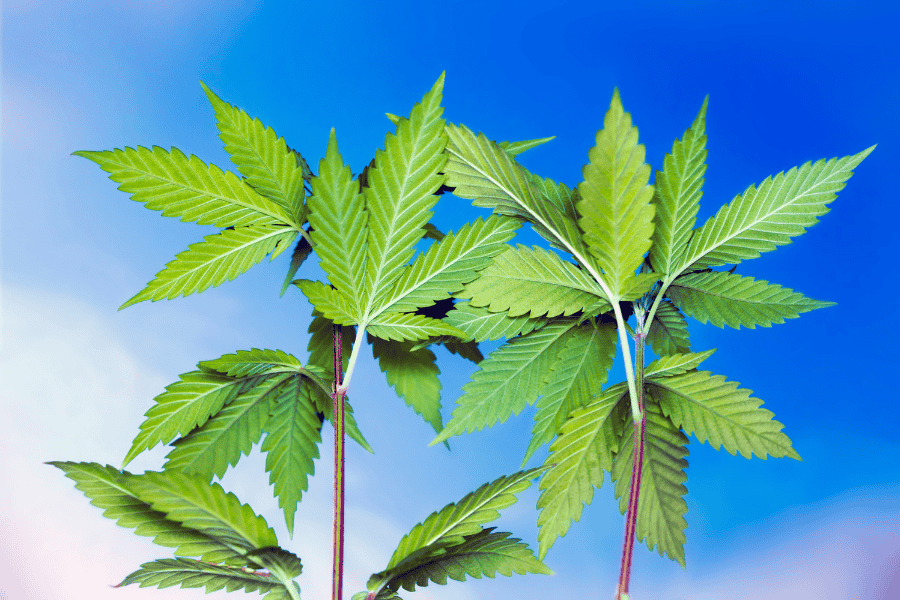

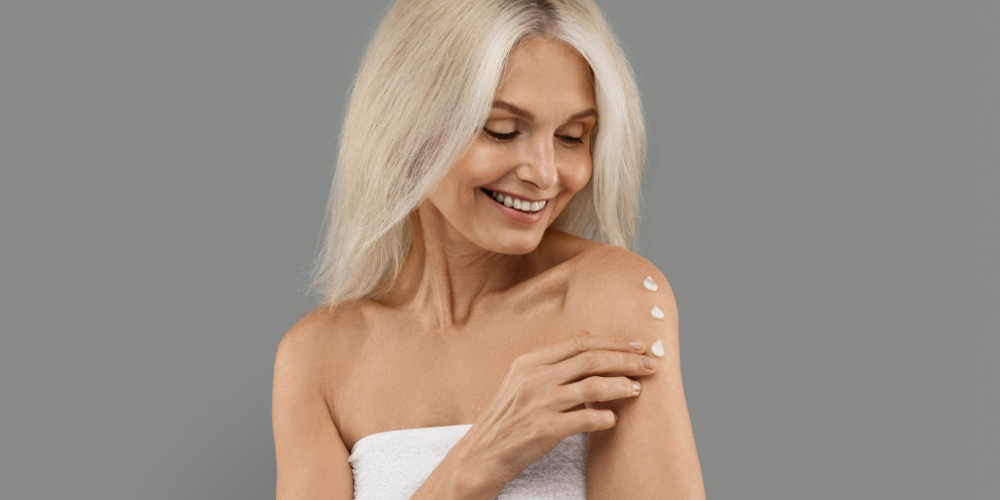
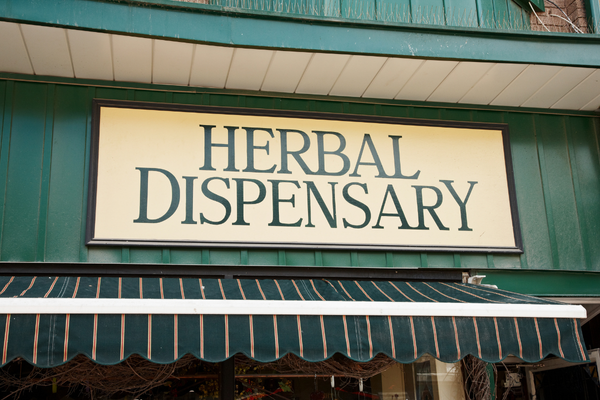



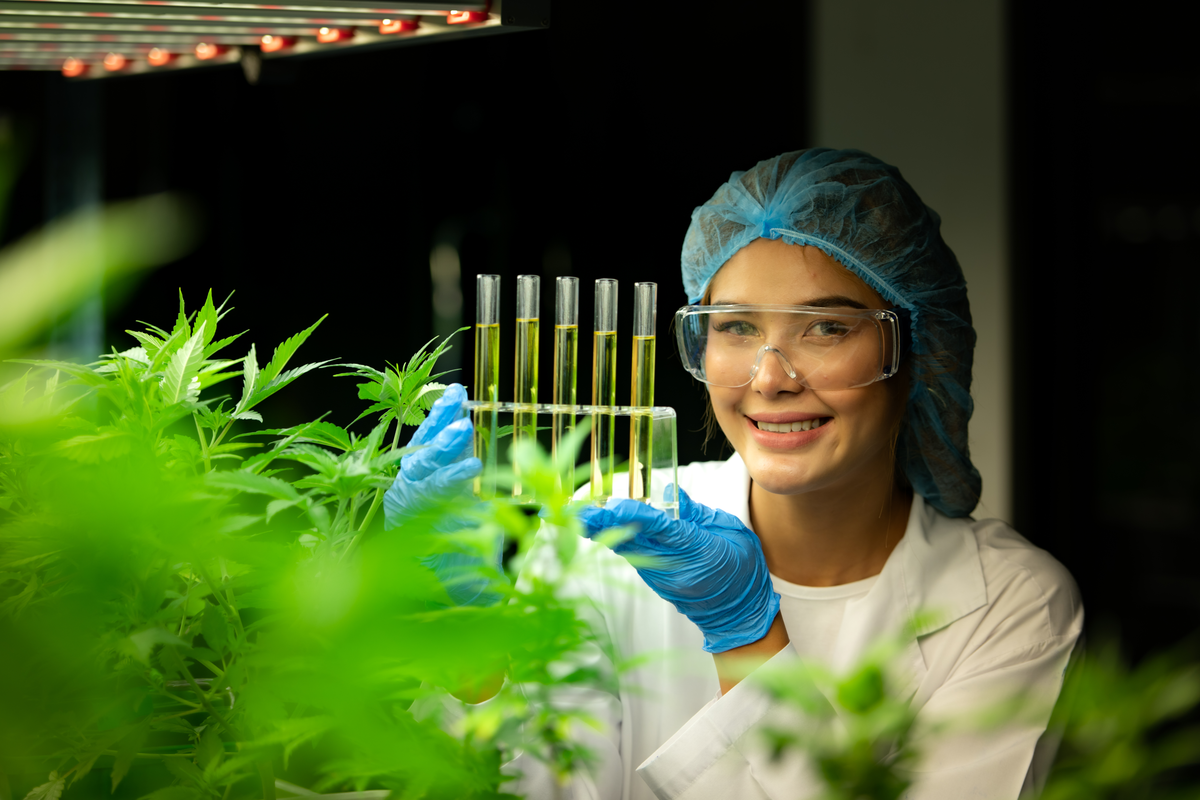

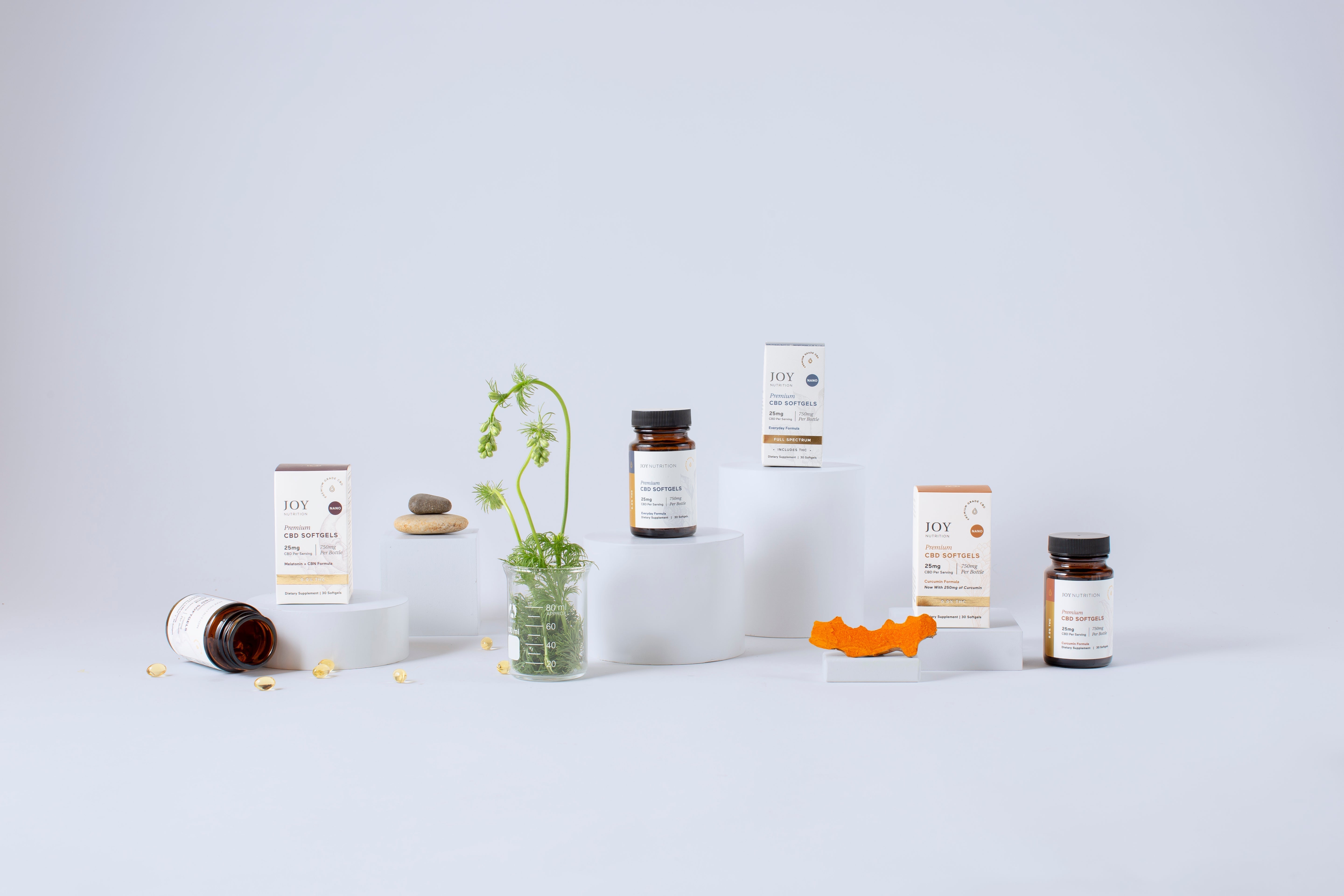



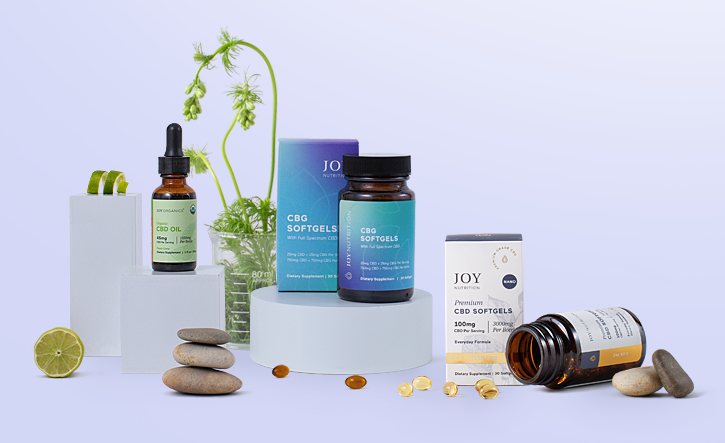


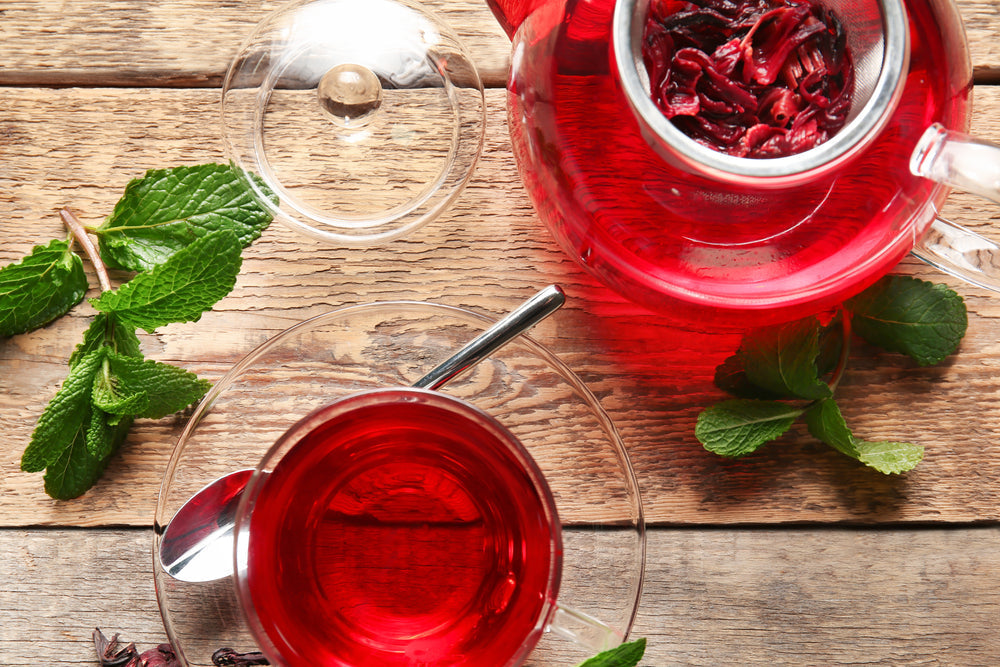


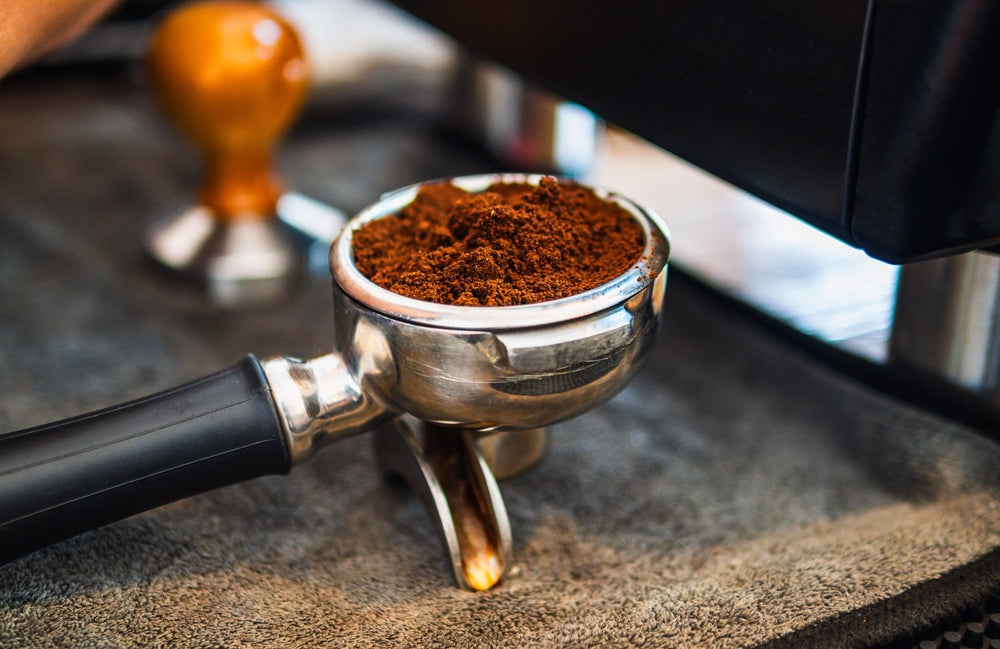

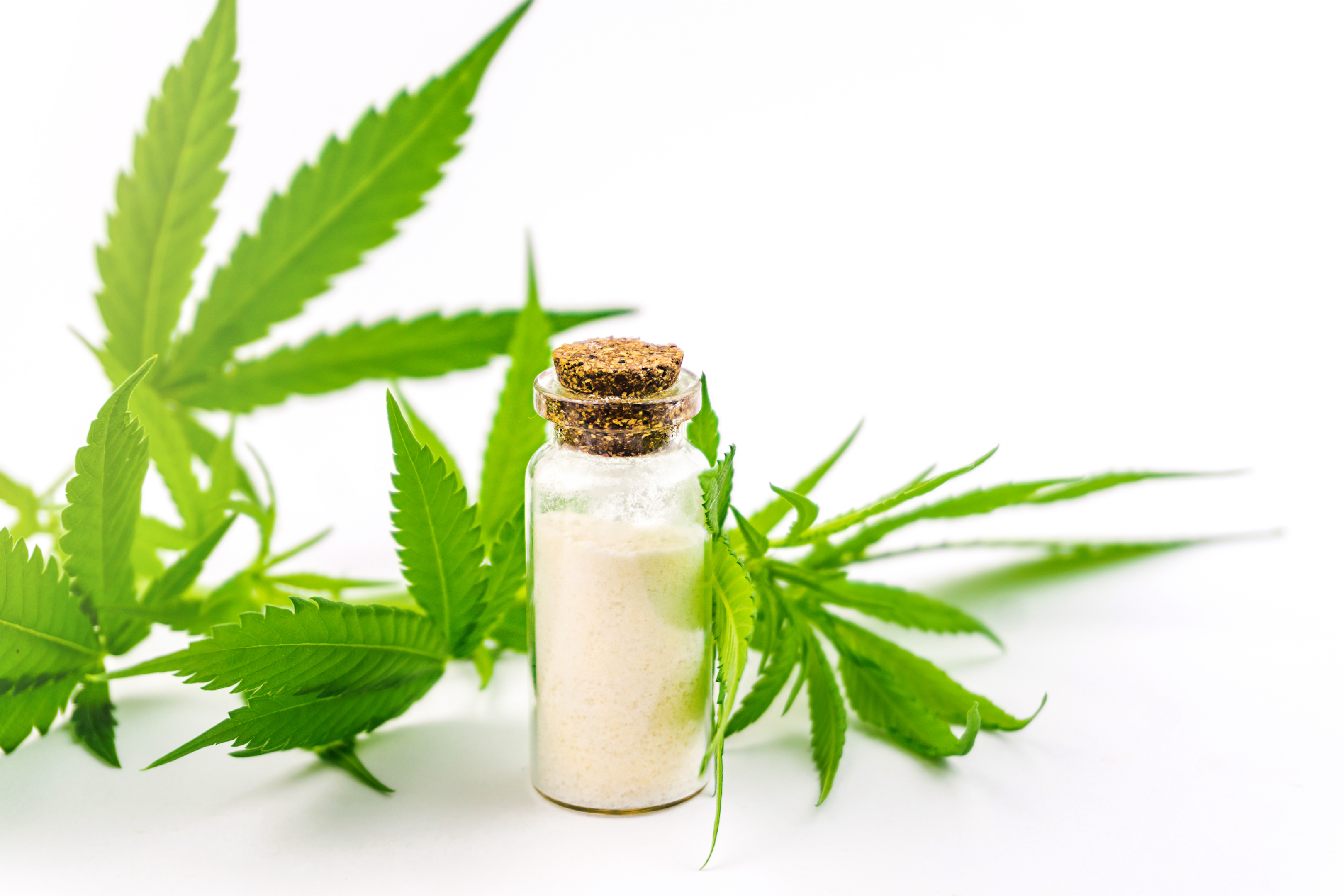
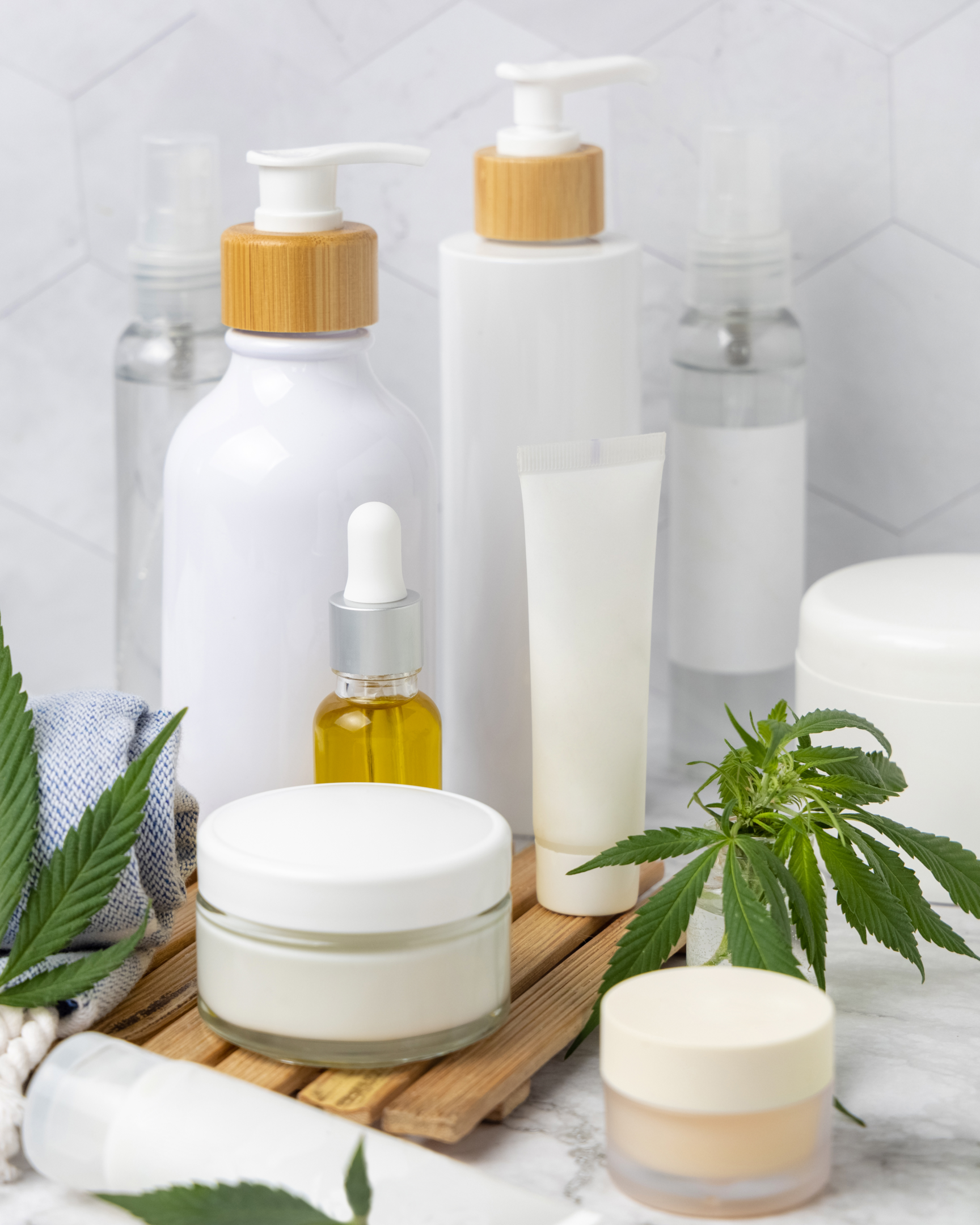
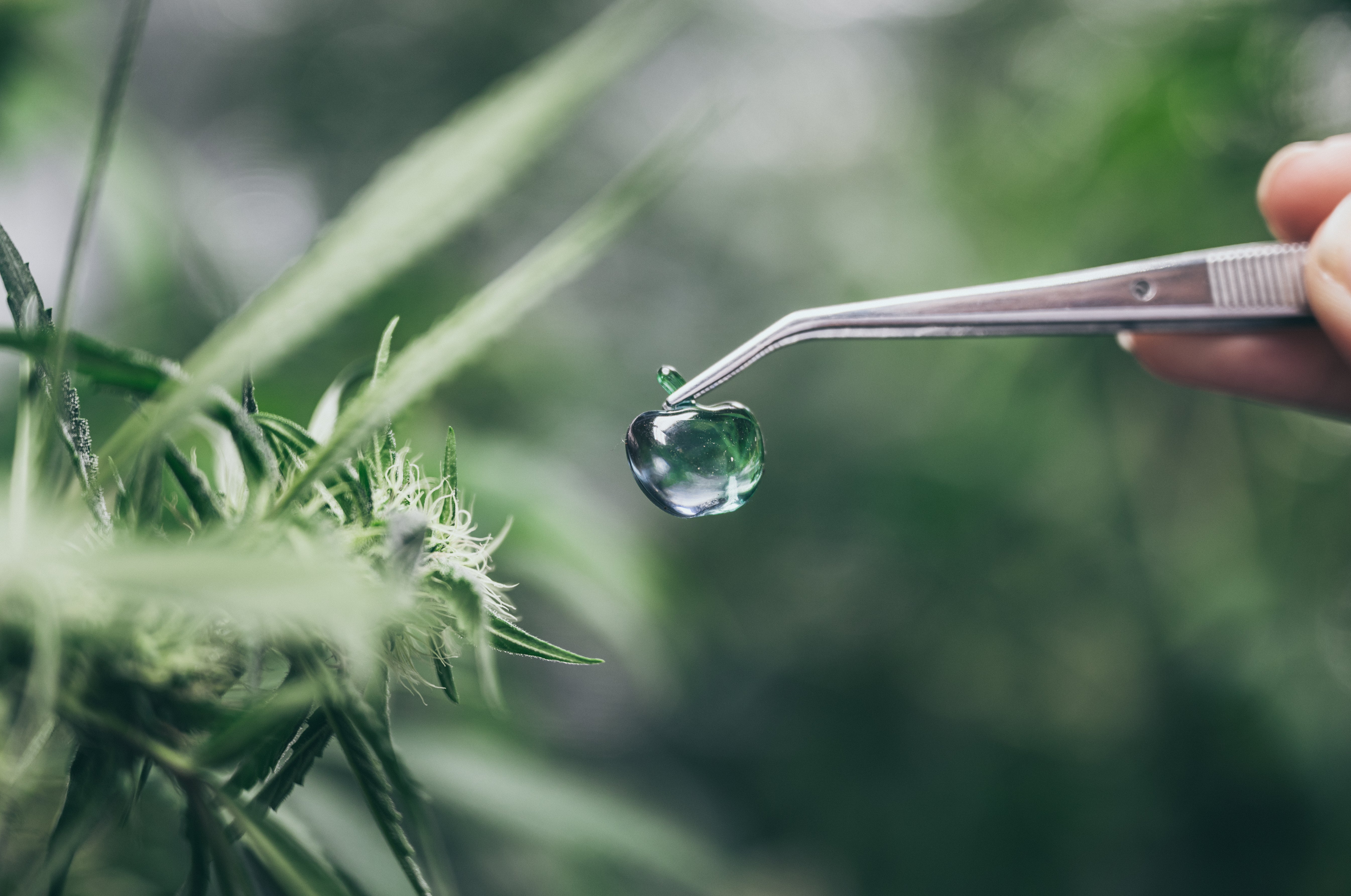
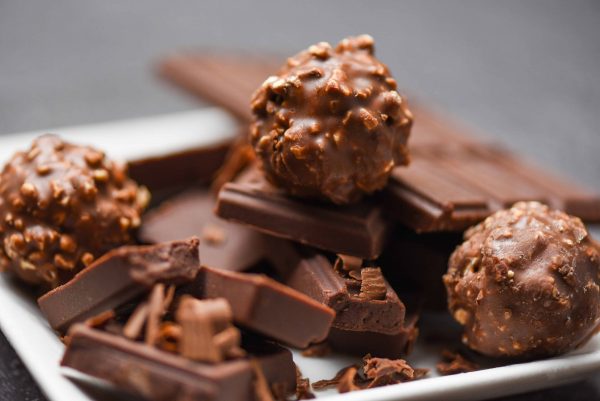
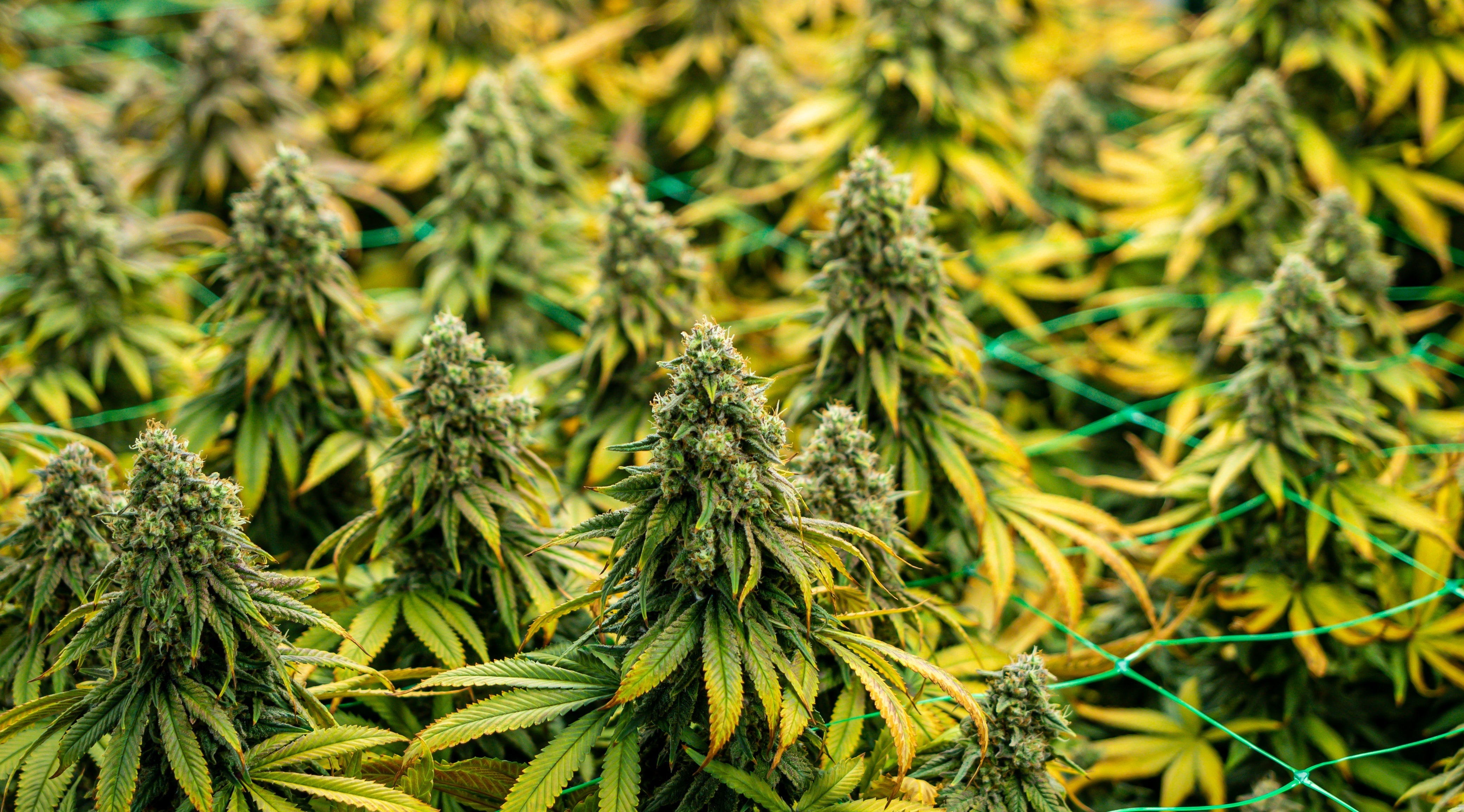
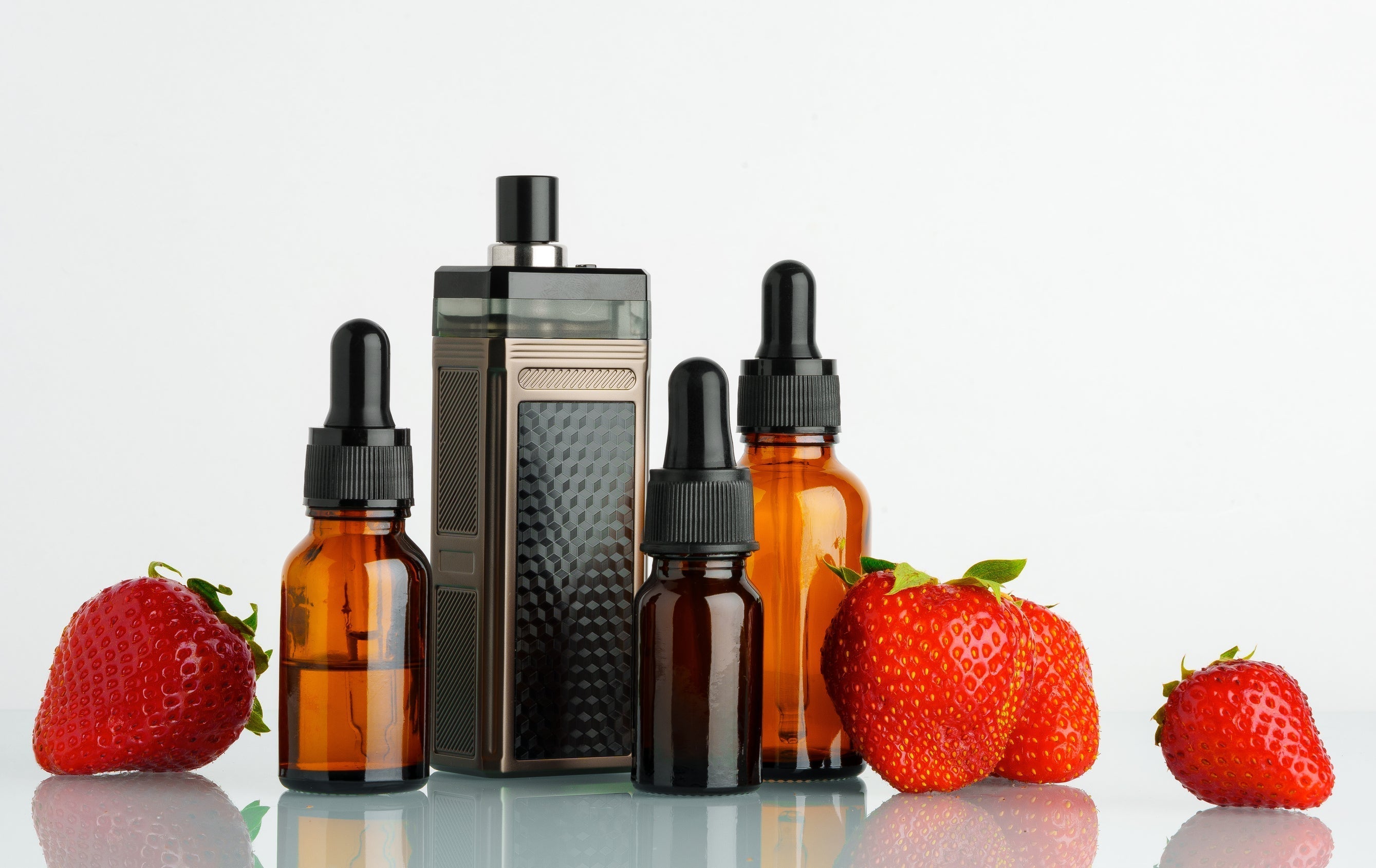

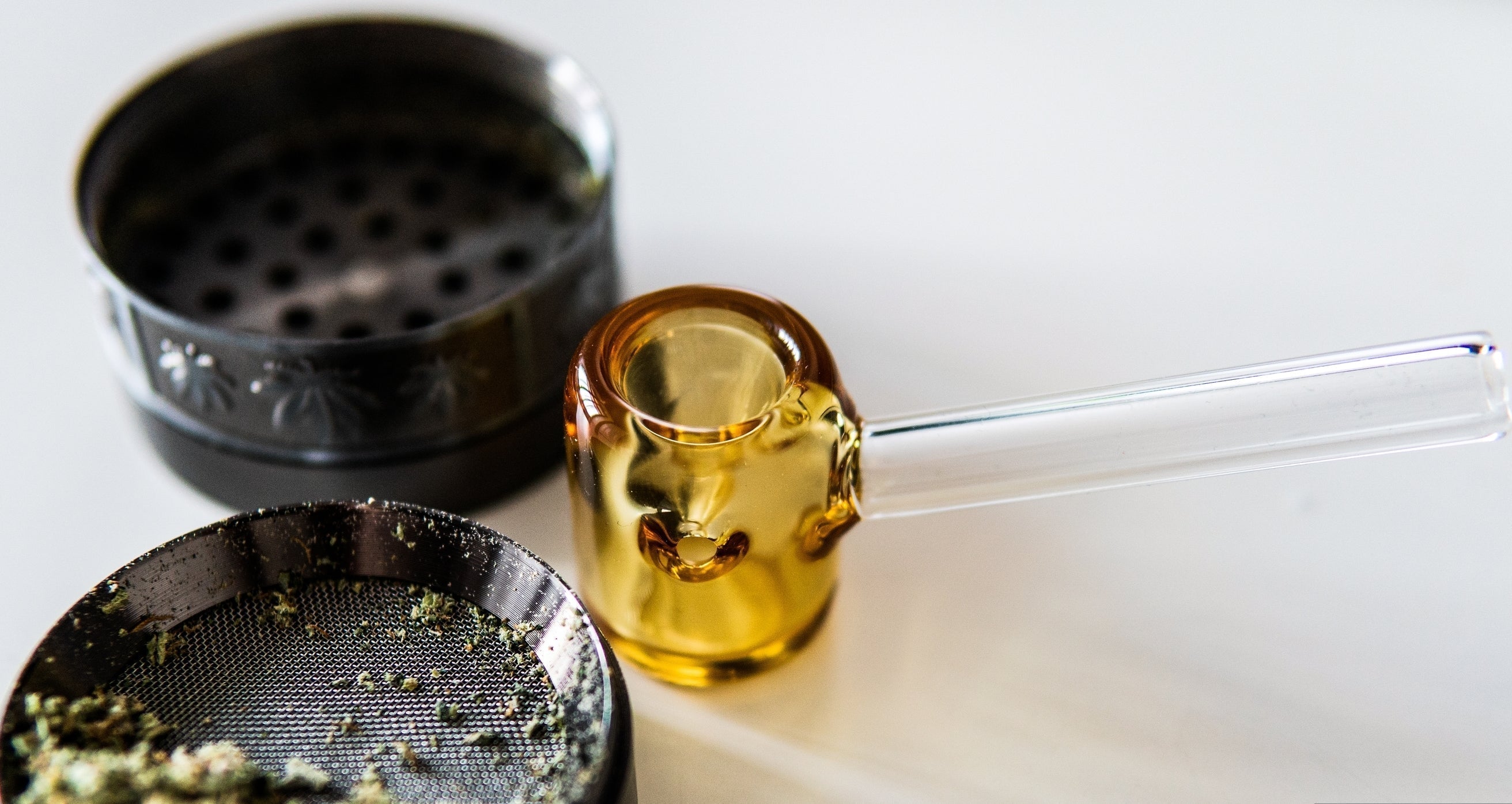
Join In On The Conversation
Your email address will not be published. Required fields are marked * Comments will be approved before showing up.